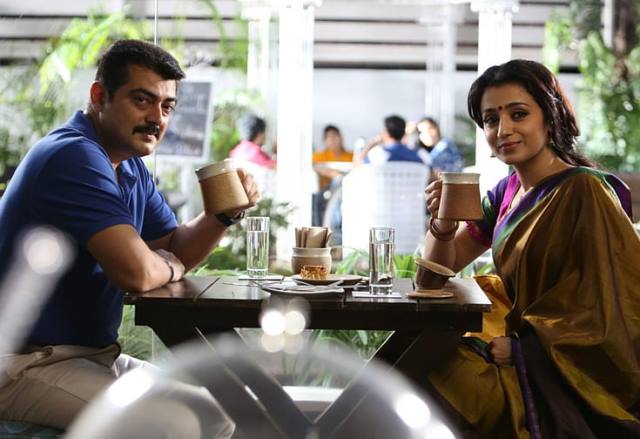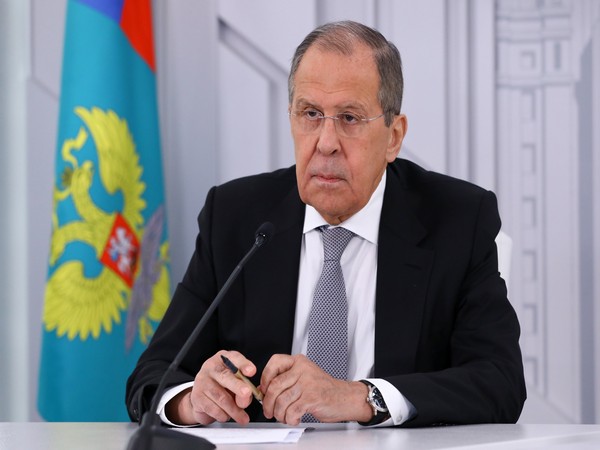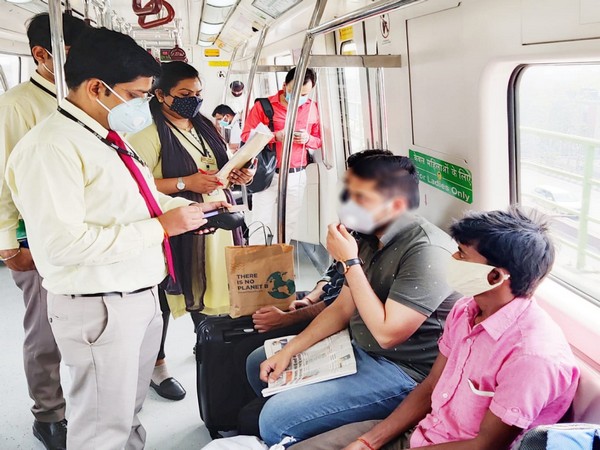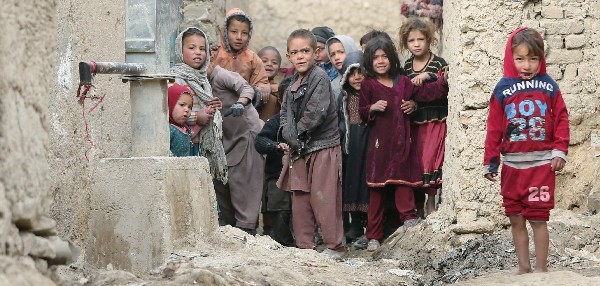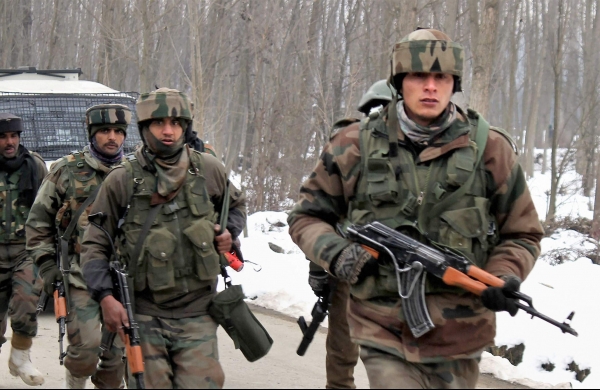It’s all too easy to be discouraged and make certain mistakes in a hurry when one faces trouble in finding a connection. No pressure, but the first impression your date will have of you will largely be based on how that first meet goes.
Although any initial encounter can be awkward, especially if you don’t know much about the other person. But it doesn’t always have to be that way, no matter what you’re looking for in them, be it a serious relationship or just a casual fling.
It’s important to come prepared with a general understanding of what is acceptable and appropriate for the first date, and what isn’t. Ultimately, it comes down to the impressions we leave on the other person.
How you act on the first date depends on how you feel about the person you’re going out with.
Imagine, everything is going great on the first date. Your conversation is flowing naturally, the mutual attraction seems undeniable, and you immediately decide that you want to hang out again.
If you really like the person you’re going out with and want to be in the above-described setting, then it’s in your best interest to avoid the following common mistakes that people tend to make on their first dates.
Neglecting your appearance
Even though the saying goes, don’t judge a book by its cover and that people should focus on inner beauty, personality traits rather than the way we look, however, in this particular setting that would be crap advice.
We draw a lot of conclusions about a person within just seconds of meeting them solely based on outward appearance. In those few seconds, the other person looks at you, they’ve already sized you up. Hence, it goes without saying, personal hygiene and a polished outfit are very important. The way we present ourselves tells a lot about our style, confidence and personal preferences.
Looking good for your date shows that you think that the other person is worth the time and effort. It also projects that you take pride in your appearance. Most women find a well-dressed man sexy and desirable.
Controversial topics like politics
While it’s absolutely fine to mention that you really love politics, if you do, also completely avoid expressing your strong left or right-wing leanings on the first date. It might come across as incredibly blunt and possibly offensive if your date is not on the same side of the spectrum.
Remember you are on a date and not a battleground. However, if there is a difference of opinion, stir the conversation on a lighter subject, where both of you don’t have to carry on with the ‘let’s agree to disagree’ motion.
Checking out other girls
If you’re on a date with a particular girl, then other women should not exist for you. Don’t openly flirt with the restaurant’s receptionist, don’t size up or follow other girls with your eyes. None of that stuff.
Even if you have a habit of normally doing it uncontrollably, try as hard as you can to focus on your companion only. Otherwise, a second date may not follow.
That said, if you do talk to other women and have a conversation in general, then at all costs avoid flirting openly in front of her in a blatant manner because that shows huge disrespect towards the person you are with.
Dominating a conversation
Your conversation should not be in the format of a monologue, it should be a dialogue. Of course, you would want to present yourself in the best way while advertising all your merits, but keep it moderate. It should be like a ping-pong game; you pass on some interesting stuff about your personality, experiences, and exchange questions. Then she does the same.
The best strategy is to tell the other person some facts regarding you, then ask them about the same thing or something related to it. When they reply, find something interesting they’ve mentioned and then ask about that. This technique will help you out in keeping that conversational wheel rolling.
Also, try not to ask too many questions at once in a rapid-fire way in order not to turn your date into an interview or interrogation. You should feel comfortable talking to each other, it shouldn’t be forced.
Criticizing her tastes
Let’s just assume your date is into pop music while you’re an old punk rock fan. Don’t comment on their music tastes in any negative way as your task is to have a good time, not to repel them away. If you don’t like their preference in music, you can simply say that you’re not really a fan of it and leave it at that.
There is no need to rant about how their style of music is bad and give them 10 reasons why. Then compare it to your type of music and explain to them why it’s superior. That just shows you’re an egomaniac who has no empathy and disregards others around them.
All people are different and you have no right to criticize other people’s tastes or choices. You’re free to simply say that you like or dislike something though. In fact, be honest about that and don’t feign interest in the things she likes just to try to impress her as women can find that a massively unattractive quality.
Not being a gentleman
Do you know what never goes out of style? It’s the gentleman’s way, as women love to be treated in a certain manner. So, if you’re wondering what that exactly is, then in the dating context it simply implies that your actions should always be respectful, polite and considerate.
This can mean opening doors for her, pulling up her seat before she sits down or if she’s cold, offer your coat and if she’s comfortable, drape it over her shoulders.
Not a lot of men do these things nowadays, but if you treat a lady this way, you’ll immediately stand out among a sea of men trying to grab her attention. You’ll have something over the competition, the ace of spades.
Though many might not admit it, most men have screwed up more dates than they care to remember in the pursuit of getting some action on the first meet. Thus, here’s a bonus piece of advice. Trying to score on your first date is never a good idea unless both the parties have different kinds of arrangements and have plans of seeing each other again.
All in all, first dates are really just about sparking curiosity, creating good vibes and presenting yourself in the best possible light. If you come across as an interesting and a really nice person, nine times out of ten, the other person will want to see you again.
Now you understand what the most common mistakes on a first date are and how you can avoid them. They’re nothing mind-blowing but too many people don’t realize these simple things and ruin the date before it can even go anywhere.
Also, if even after all the cautions the first date does go wrong, then don’t worry, it happens to the best of us cause not every date can be perfect. Sometimes the worst times are disguised life lessons that will prepare you for future opportunities. (ANI)
